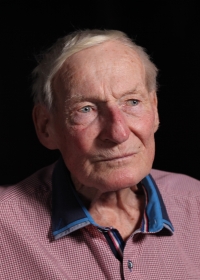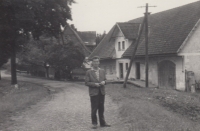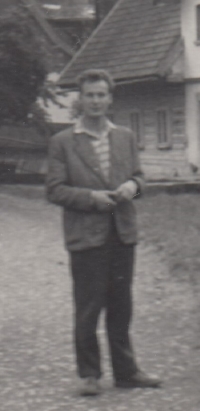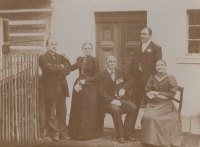My mother spent all her life hoping that she would return home to Kladsko
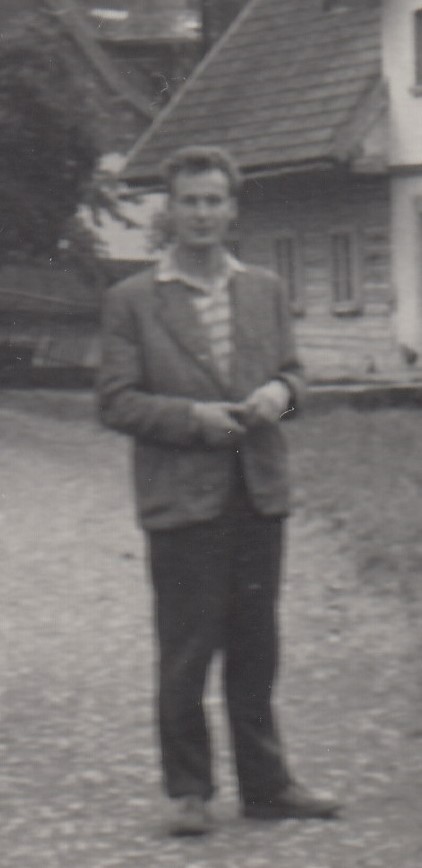
Download image
Manfred Beneš was born on July 2, 1938 in the village of Pstrążna (Stroužné in Czech) in the County of Kladsko in an originally Czech family. However, many of his relatives had to join the Wehrmacht during World War II because they all had German citizenships. After the war, the witness experienced the ravaging of the Revolutionary Guards in his village. In 1946, a Polish family from the eastern regions of Poland that had been taken over by the Soviet Union got all the witness’s family property. The Beneš family was ordered to get on a transport to Germany, but they decided to flee to Czechoslovakia instead. During their second attempt, they managed to cross the border. They started a new life in Czechoslovakia. However, most of their relatives chose to go to Germany. Manfred Beneš worked as a construction worker. Despite massive pressure to join the Communist Party, he never joined the party. In 1968, the August occupation of Czechoslovakia had a big impact on him, and he even scolded the occupying soldiers. He only returns to his native village of Pstrążna for holidays. In 2022, he lived in Bezděkov nad Metují.
